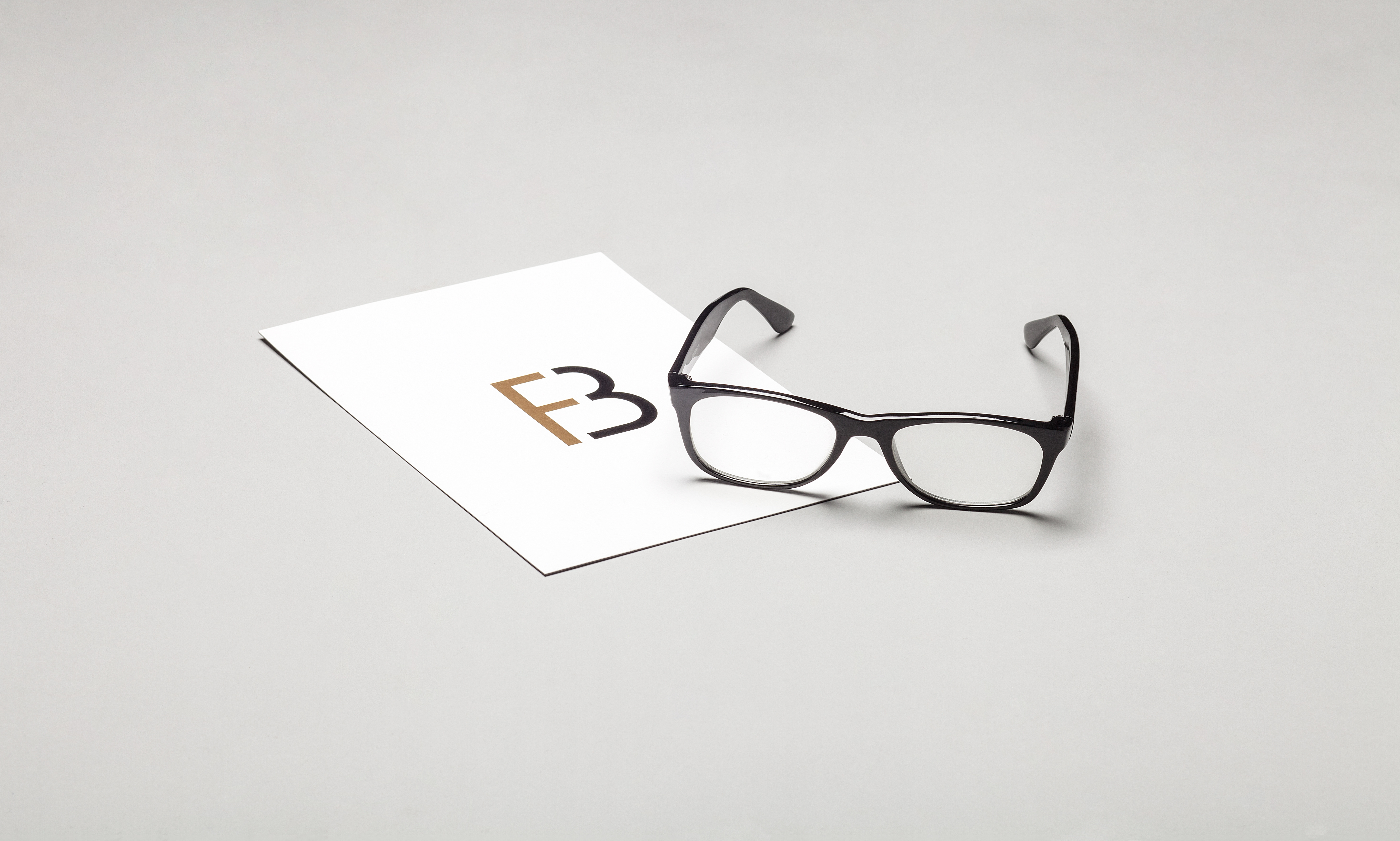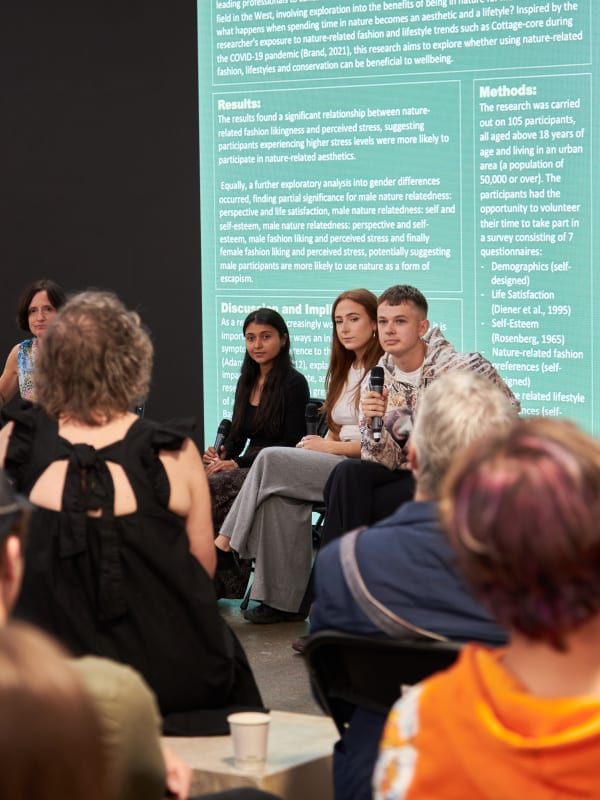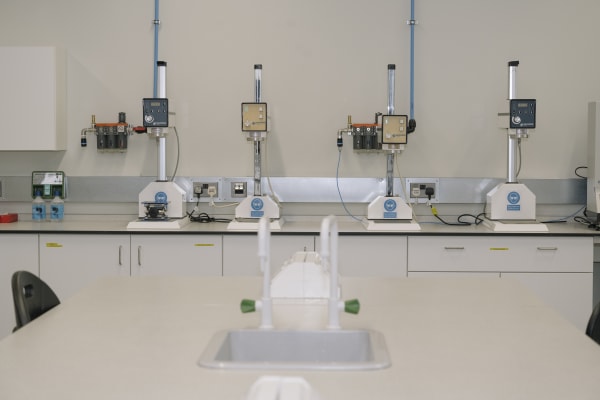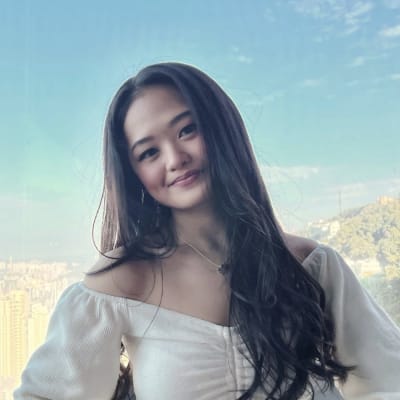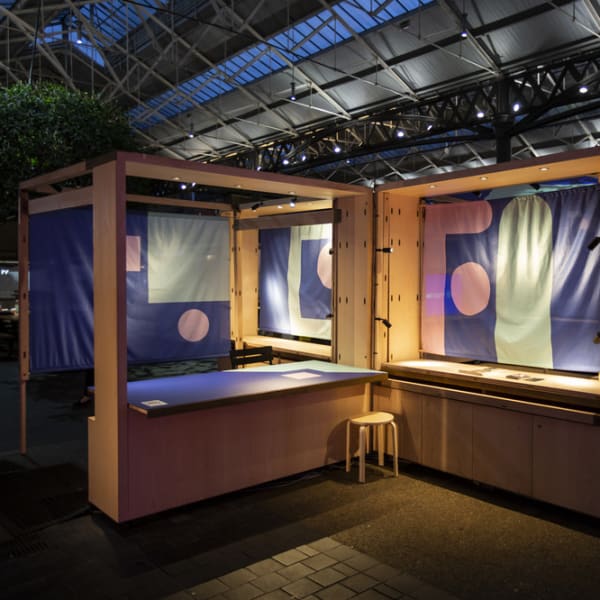Tim Williams is course leader on the Graduate Diploma Fashion Management and Marketing.
Tim worked for fashion companies such as Sir Hardy Amies, River Island, Conran Design group, and Debenhams, specialising in fashion design and offshore manufacturing. He later started his own designer manufacturing company making high fashion ladies’ lingerie for Luella Bartley and worked with Joe Corre in the early days of Agent Provocateur. He later had a concession in Selfridges and sold to Le Bon Marche in Paris. Tim has been working for the Fashion Business School for fifteen years, teaching across a wide variety of fashion business courses and supervising final year dissertations.
Emma Baxter Wright studied fashion at St Martins School of Art, and later History of Art at Bristol University. Emma worked as a fashion editor and freelance stylist for teenage publications ‘Looks’ and ‘Just Seventeen’, Emma has also contributed to many other publications including Cosmopolitan, The Face, Marie Claire, The Lady and the New York Observer. More recently she has written two books on the iconic British photographer Duffy, as well as Little Book histories on fashion rivals Schiaparelli and Chanel. Emma works on the Professional Portfolio unit on this course as well as delivering specialist lectures in fashion visual culture.
Helen Hindley Course leader PGCert Fashion Buying and Merchandising
Helen has been an associate lecturer at UAL for over 18 years. She has and has teaching experience in Higher Education, on the BA Buying & Merchandising, BA Fashion Management and The Graduate Diploma in Fashion Management as well as developing and delivering LCF short courses and masterclasses for industry professionals. She began her fashion career with House of Fraser. From buying assistant to head of Merchandising across numerous categories, Menswear, Womenswear, childrenswear and home. She has extensive experience in merchandising, brand management, strategy, and supply chain. Helen also had the opportunity own her own SME, a lifestyle concept store. This was an insightful experience and a huge benefit when supporting students in the final year with their Final major projects. Visit Helen's LinkedIn profile.
Stephanie Liberman Senior lecturer
Stephanie is a Senior Lecturer teaching undergraduate and postgraduate courses in the Fashion Business School. Following a 22-year buying career she moved into teaching with the aim of inspiring the next generation. Product specialty areas include buying lingerie, swimwear, knitwear and stationery and working for multi-channel retailers Debenhams, Very.co.uk, Sainsburys and Paperchase. She has also run her own lingerie boutique. Having started teaching and developing short courses for Artscom, she then became course leader for the BA (hons) Fashion Marketing at Regent’s University London before re-joining LCF in the Fashion Business School. At LCF she has taught across all levels from year 1 to Postgraduate and supported final year students with their final major projects. Developing links with industry for live projects is key to her teaching and enhancing the curriculum content. Her research interests are about blended learning for creative subjects and digital pedagogy. Stephanie is currently studying a Masters in Academic Practice and is a Senior Fellow of the Higher Education Academy.
Eddie Knevett lecturer
Eddie is an associate lecturer teaching who started teaching at UAL after 25 year career in Luxury and Premium buying starting in Harrods to eventually become the Head of Buying for Fashion Accessories at House of Fraser. Experienced in creating destination retail concepts for example strategically taking House of Fraser accessories from a high street own label offer to one of the largest premium and luxury offers within the UK he successfully worked with all the major luxury and premium fashion houses. Eddie also had his own successful premium Handbag brand, Village England, for 5 years after leaving House of Fraser. As well as teaching Eddie works with various international fashion brands and retailers on a consultancy basis.
Deborah Britz
Deborah has worked extensively across the fashion industry and studied Fashion Management at LCF in the 1980’s. Latterly she is working as a Fashion Show Producer and Lecturer at CSM and then LCF. Initially Deborah worked as a hairdresser, designer, retailer, fashion PR, in international fashion recruitment, as an art dealer, in fashion forecasting and throughout this as a fashion show and events producer. At various times, her experience has encompassed business, events, marketing, promotions, photography and video production, and market research. Work has enabled her to travel abroad producing events on behalf of the British Embassies and British Council.
Tanya El-Khatib, Lecturer Research Methods.
Currently a PhD (Fashion Management and Marketing) researcher at the University of Manchester exploring the adoption of Fashion Rental. Graduated with Distinction in Strategic Fashion Management integrated MSc from London College of Fashion, UAL. Teaching and research experience is in social science research methods as well as supervising Final Major Project dissertations. Industry experience in sales, operations, and logistics across a number of London-based fashion brands.
Mikael Persson is fashion lecturer in Future and Innovation, Creative Digital and Visual Communications. He graduated with a degree in Design Technology for the Fashion Industry followed by experience working with brands such as Michiko Koshino and Alexander McQueen and ran a London-based fashion streetwear brand, delivering graphic printed apparels to trend savvy, ethically conscious millennials and Gen Z consumers.
Mikael entered fashion related education as a creative digital specialist to develop a strategy for delivering digital skills to fashion students based on industry demand. In addition to completing a Professional Graduate Certificate in Education (PGCE) for Post Compulsory Education Mikael has also completed a Post Graduate Cert in Learning and Teaching Art and Design at Higher Education, from which he achieved a 1st. His ongoing research interests include current and future creative fashion tech, design and visual communication.
Angela Buttolph is an experienced journalist, broadcaster and author, and Associate Lecturer for MA Fashion Journalism at the School of Media and Communication. She has worked as a fashion journalist for over twentydesign,years, working on staff at every major magazine from Elle to Vogue, InStyle and Grazia and contributing to many more. She has covered fashion weeks worldwide for Vogue, the Guardian and Grazia, broadcast live from catwalk shows and the red carpet for the BBC, and interviewed many of fashion’s greatest luminaries including Anna Wintour and Karl Lagerfeld. Angela has also presented fashion series on ITV, BBC and C4. She was Editor of Grazia’s website, before becoming Editor at Large for Grazia magazine, where she is currently a contributing writer. She also writes for The Telegraph and Google’s Think with Google blog. She is author of Kate Moss: Style, and co-author of Phaidon’s Fashion Book.
Sarah Bailey is a Senior Lecturer at London College of Fashion where she specialises in working collaboratively with industry fashion brands such as Harrods, Liberty and Stella McCartney. She is a leading Visual Merchandising and Creative Consultant with more than 20 years global fashion and retail experience. Her clients have included: Fenwick, Charlotte Tilbury, Harrods, and Museum of London. Previously she was former course director at London College of Fashion, where she launched the BA Fashion Visual Merchandising and Branding Degree. Sarah has a master's degree in Academic Practice in Art, Design and Visual Communications and is a fellow of The Higher Education Academy. Sarah is author of Visual Merchandising for Fashion book published by Bloomsbury Press, and has been featured in The Financial Times, Vogue, Drapers Record and on the BBC.
